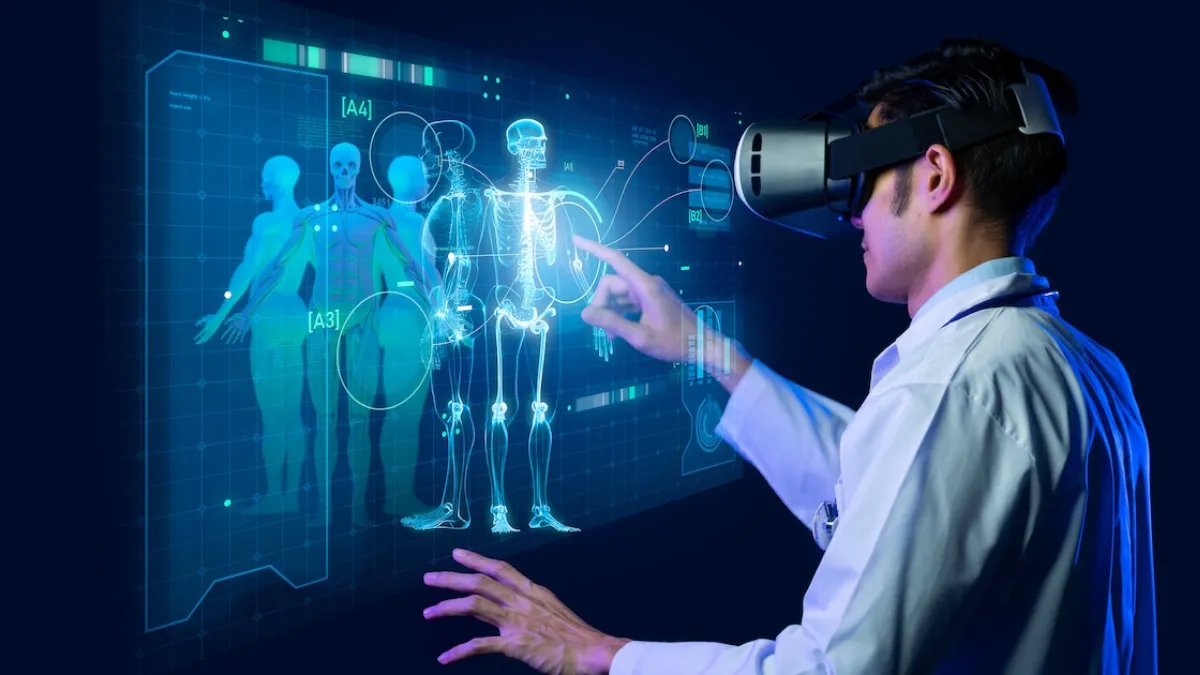Smart Cities Transforming Community Health Through Innovative Technology

Smart Cities: A New Frontier in Resource Management
Smart cities utilize technology to manage resources, improve services, and enhance residents’ quality of life. In the ideal smart city, residents engage in community decisions via digital platforms, public spaces utilize renewable energy, and waste is efficiently managed. Autonomous vehicles navigate the city’s optimized traffic flow, significantly enhancing transportation systems.
Health and Wellness in Smart Cities
A smart city must include personalized health and wellness guidance, empowering residents to lead healthier lives. Smart cities and health equity are intrinsically linked. With smart infrastructure, such as telemedicine and remote monitoring, healthcare access is improved for underserved communities. Smart transportation systems can enhance mobility, facilitating access to healthcare facilities while environmental monitoring reduces health risks.
Implementing AI for Improved Healthcare Access
- AI emerges as a key player in addressing healthcare gaps through personalized diagnostics and treatment plans.
- Data analytics plays a vital role in understanding social determinants of health.
- AI tools can enhance diagnostic accuracy and patient communication.
Trends in AI Healthcare Technology
- Voice-enabled technologies assist in delivering difficult news to patients.
- AI integrates with diagnostic tools to enhance accuracy.
- Chatbots optimize patient communication and care efficiency.
India is witnessing a surge in the implementation of smart city initiatives, projecting revenue growth at 19.67% annually from 2024-29. However, growth will not be equitable without prioritizing health and wellness for all. The potential of AI in this context offers a way to bridge existing healthcare gaps and ensures timely healthcare delivery across diverse demographic groups.
This article was prepared using information from open sources in accordance with the principles of Ethical Policy. The editorial team is not responsible for absolute accuracy, as it relies on data from the sources referenced.